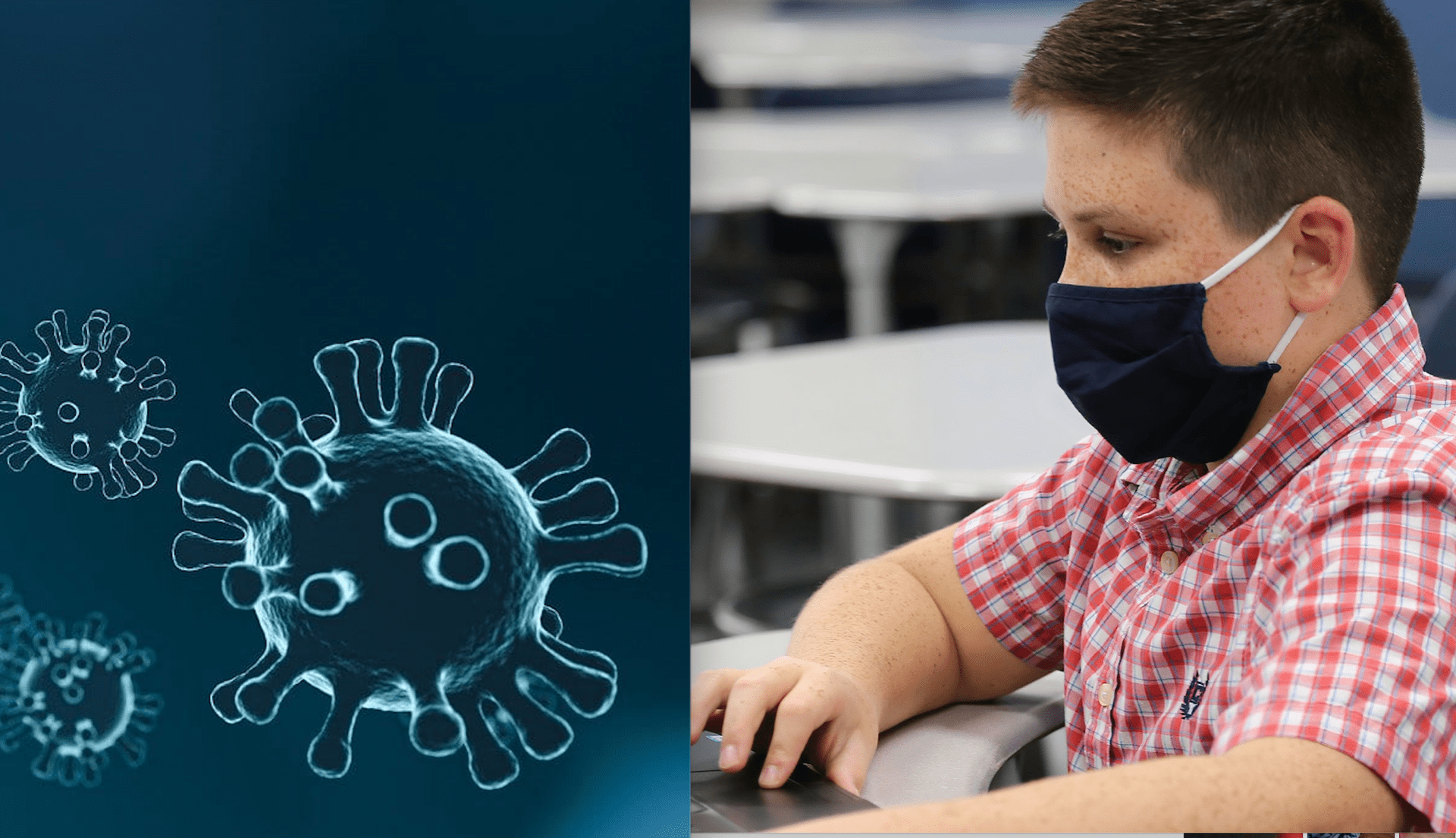A few words in the OFSTED framework could help boost the digital skills children need for learning outside of school
By Blog Editor, IOE Digital, on 11 November 2020
While the pandemic continues and individual pupils, groups or classes stay home self-isolating, the DFE has made remote learning part of schools’ legal duty for now. OFSTED has suspended routine inspections but is carrying out interim visits (without grading schools) to understand the lay of the land. Yesterday, Chief Inspector Amanda Spielman published a report detailing the skills many children had lost during months of absence from school and acknowledging that home learning remains ‘patchy’.
 For those of us working in and around schools in England over the last decade, it comes as no surprise to read of the huge variation in online learning provision across the state sector now and during the spring lockdown. Funding and policy choices made over recent years have in many ways taken things backwards. The abolition of BECTA (British Educational Communications Technology Agency) in 2010 meant the end of a coherent national strategy for online learning resources and infrastructure.
For those of us working in and around schools in England over the last decade, it comes as no surprise to read of the huge variation in online learning provision across the state sector now and during the spring lockdown. Funding and policy choices made over recent years have in many ways taken things backwards. The abolition of BECTA (British Educational Communications Technology Agency) in 2010 meant the end of a coherent national strategy for online learning resources and infrastructure.
Since then, schools have been left to their own devices, navigating a baffling range of commercial options, often relying on any expertise held by enthusiasts among their staff. Compounding the difficulty has been the demise (for funding reasons) of many City Learning Centres (CLCs), repositories not just of the best new hardware and software but also of valuable expertise and support for surrounding schools.
Secondly, the new curriculum introduced in 2014, in foregrounding the importance of coding in the Computing (previously ICT – Information and Communication Technology) curriculum, diverted attention away from the myriad other ways in which pupils need to learn with and about technology to function in society. In taking the emphasis off communication, a vital tie has been lost to new theories of literacy in the digital age which explore communication in different modes (such as visual and auditory) and the possibility for schools to teach creative and networking skills while modelling netiquette.
Finally, and perhaps most importantly, there is no mention of the words digital, technology or media in the OFSTED inspection framework. Despite recommendations by the All Party Parliamentary Group on Literacy in 2018, there is no consideration of the importance of developing children’s critical media literacy skills which could help to combat online misinformation and disinformation. A recent study of US high school students’ understanding of the credibility of online sources conducted by the Stanford History Education Group found that two thirds could not distinguish between news and advertisements. In addition, 96 percent of pupils were not able to discern that a website claiming to “disseminate factual reports and sound commentary” on the effects of carbon dioxide on the environment was actually run by a climate change denial organization funded by fossil fuel companies. It would be interesting to see what a similar study of young people here would throw up in this regard.
As anyone who works in schools knows, a couple of words in the inspection framework can have schools jumping to it. Take the case of the words cultural capital which appeared in the 2019 framework. Before long the phrase started sprouting up in schools’ documentation. Permission letters to parents for school trips are now in some schools starting with the words: ‘As part of enhancing your child’s cultural capital…’ even if the trip is just down the road to Pizza Express or, in one recent case, Tesco. The French sociologist, Pierre Bourdieu, who coined the term, would surely be turning in his grave at this interpretation of his work. But the important point remains – a couple of words in the inspection framework can make all the difference to what schools prioritise. If the current crisis encourages policy makers to pay attention to the central importance of learning with and about communicative technologies, perhaps this is a small silver lining. The focus needs to go far beyond the temporary, contingency planning for emergencies though that it is currently framed as.
The debate on how to move forward with remote learning remains fixated on the provision of hardware for disadvantaged pupils, ignoring broader social and cultural issues around digital exclusion and often buying into the myth of ‘digital natives’ able to operate productively and safely online. Yet Spielman’s report yesterday notes that many children spent lockdown ‘gaming online’ or involved in ‘online squabbles’. If schools involved children in more creative, cultural uses of technology so that they learn how to make and share digital content responsibly, perhaps these issues could be mitigated if we ever find ourselves in this situation again. The prospect of a vaccine on the horizon is a welcome relief that things may soon get back to normal in schools as elsewhere. A few words in the OFSTED framework could be the start of a cure for the digital divide in education which COVID has thrown its harsh spotlight on.
Corona Virus Image by mattthewafflecat from Pixabay
 Close
Close



